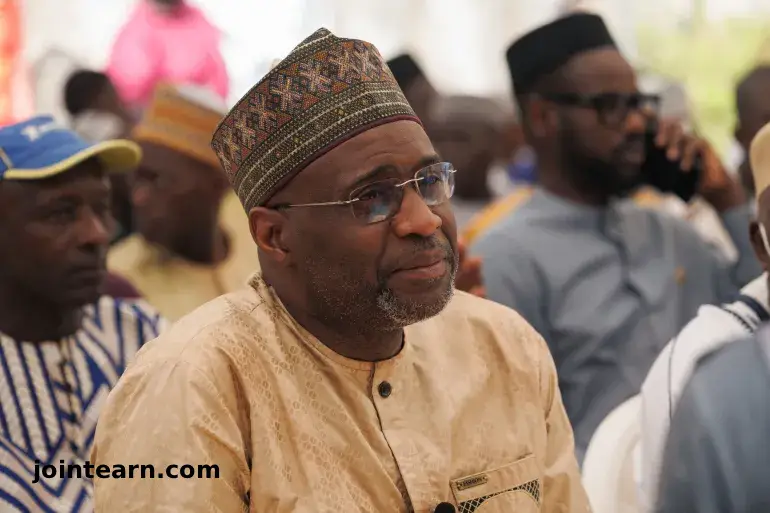
Bamako, Mali — Former Malian Prime Minister Moussa Mara has been sentenced to one year in prison after a court in Bamako ruled that he had “undermined the credibility of the state” by expressing public solidarity with political prisoners detained under Mali’s military government.
The verdict, issued Monday by the National Cybercrime Centre court, marks the latest example of Mali’s tightening restrictions on free speech and political expression under General Assimi Goita’s junta, which seized power in successive coups in 2020 and 2021.
Mara, who served as prime minister from 2014 to 2015, was also handed a 12-month suspended sentence and fined 500,000 CFA francs ($887).
Why Was Moussa Mara Jailed?
The 50-year-old politician was arrested on August 1, 2025, following a July 4 social media post on platform X (formerly Twitter) in which he voiced unwavering support for what he called “prisoners of conscience.”
“As long as the night lasts, the sun will obviously appear! We will fight by all means for this to happen as soon as possible!” Mara wrote.
In the post, he named several detained activists and opposition members, drawing sharp criticism from authorities who accused him of “undermining legitimate authority” and “inciting public disorder.”
The government claimed his comments encouraged dissent and sought to destabilize the military-led transition.
‘Travesty of Justice,’ Say Lawyers and Rights Groups
After the ruling, Mara’s legal team announced they had filed an appeal, calling the court’s decision “a travesty of justice” and “a politically motivated act of repression.”
“The judicial battle does not end today: it continues, with the same determination, on the grounds of law and truth,” his lawyers said in a joint statement.
A close friend of Mara, speaking anonymously to AFP, said the conviction had been expected but remained “absurd.”
“We expected it,” he said. “Tell me what his crime is.”
Amnesty International condemned the verdict as part of a broader campaign by Mali’s junta to suppress peaceful dissent.
“Moussa Mara’s sentencing represents an alarming escalation of authoritarian practices in Mali,” Amnesty said. “The authorities must immediately release those detained solely for expressing their opinions.”
Political Climate in Mali: Repression and Delayed Democracy
Mali’s political landscape has dramatically shifted since General Goita’s military takeovers five years ago. The junta initially pledged to restore civilian rule by 2024, but elections have since been postponed indefinitely, and political parties have been dissolved under emergency decrees.
In March 2025, the regime granted Goita an additional five-year extension in power, further entrenching military dominance.
Observers say the government has increasingly targeted journalists, opposition figures, and civil society activists under vague cybercrime and sedition laws.
“This verdict is another message to Malians that criticism will not be tolerated,” said Bamako-based political analyst Issa Traoré. “The regime is moving closer to full-blown authoritarianism.”
International Reactions and Implications
Mara’s imprisonment has drawn concern from Western governments and regional bodies, including ECOWAS, which suspended Mali following its coups and has repeatedly called for a return to constitutional governance.
Human rights organizations warn that the crackdown could isolate Mali further as the country strengthens ties with Russia and withdraws from traditional Western alliances.
The case also reflects a broader trend across the Sahel region, where military rulers in Burkina Faso and Niger have imposed similar restrictions on speech and political activity under the pretext of national security.
A Former Prime Minister Turned Dissident
Moussa Mara, a former accountant and reform-minded politician, once served under ex-President Ibrahim Boubacar Keïta and gained respect for his efforts to promote transparency and civic engagement.
Since leaving office, he has emerged as a vocal critic of military rule, advocating for dialogue, democracy, and reconciliation. His arrest has galvanized pro-democracy groups in Mali, who view him as a symbol of peaceful resistance.
Despite his imprisonment, supporters continue to share his final post under the hashtag #FreeMoussaMara, calling for his release and the restoration of democratic rights in Mali.


Leave a Reply